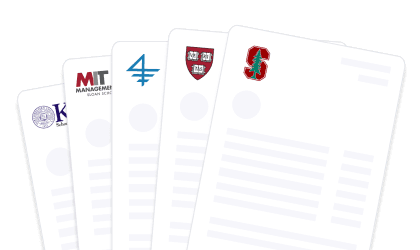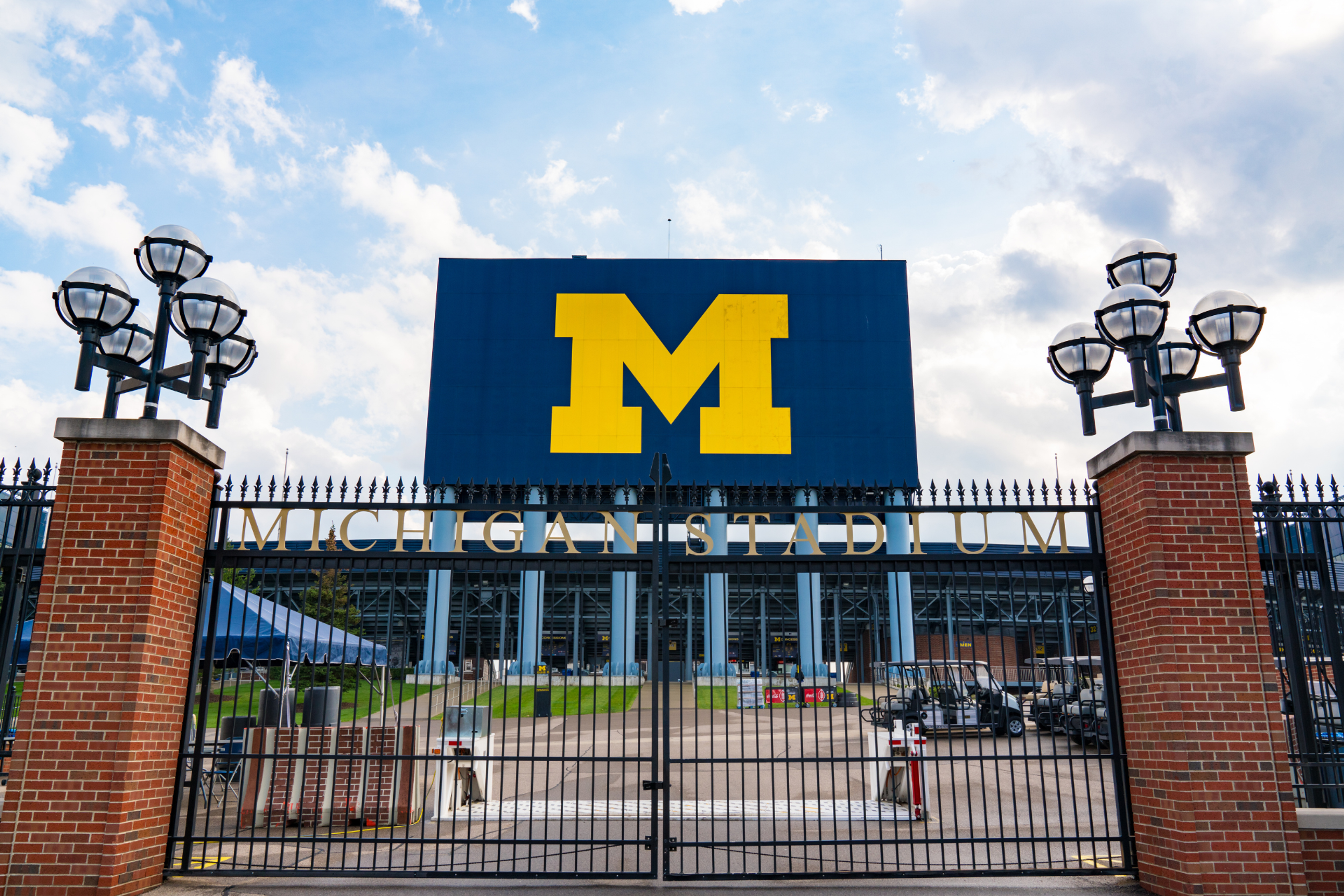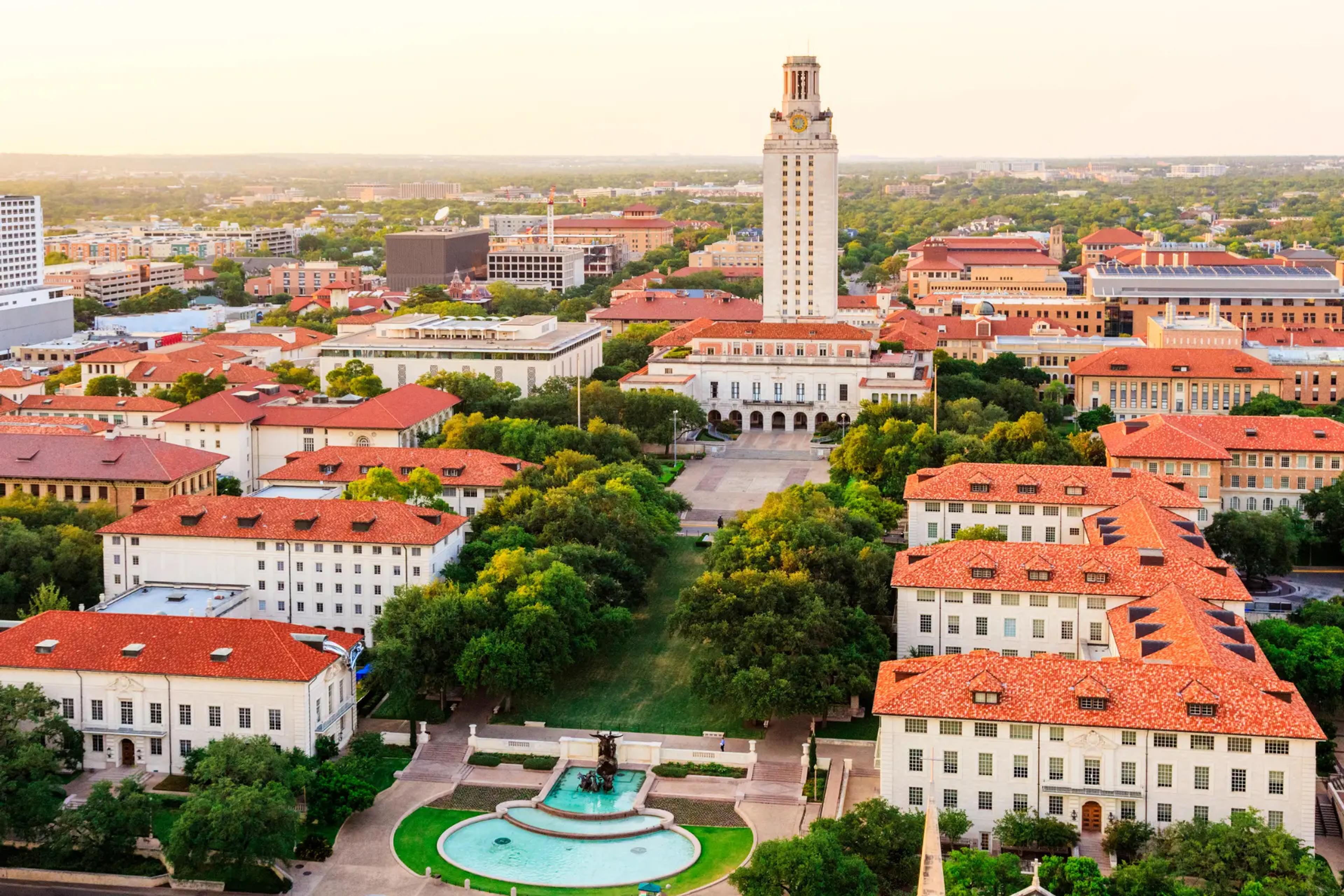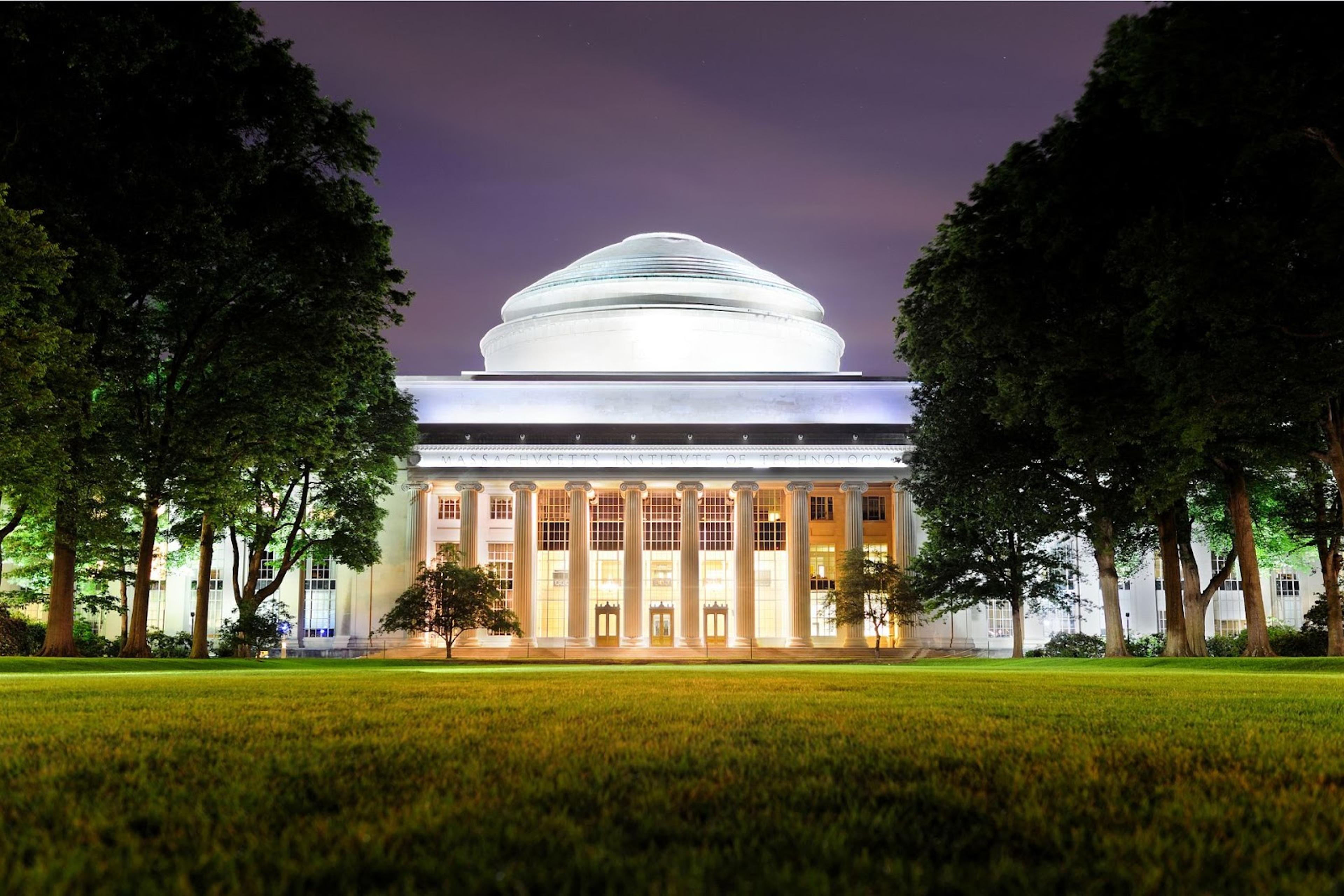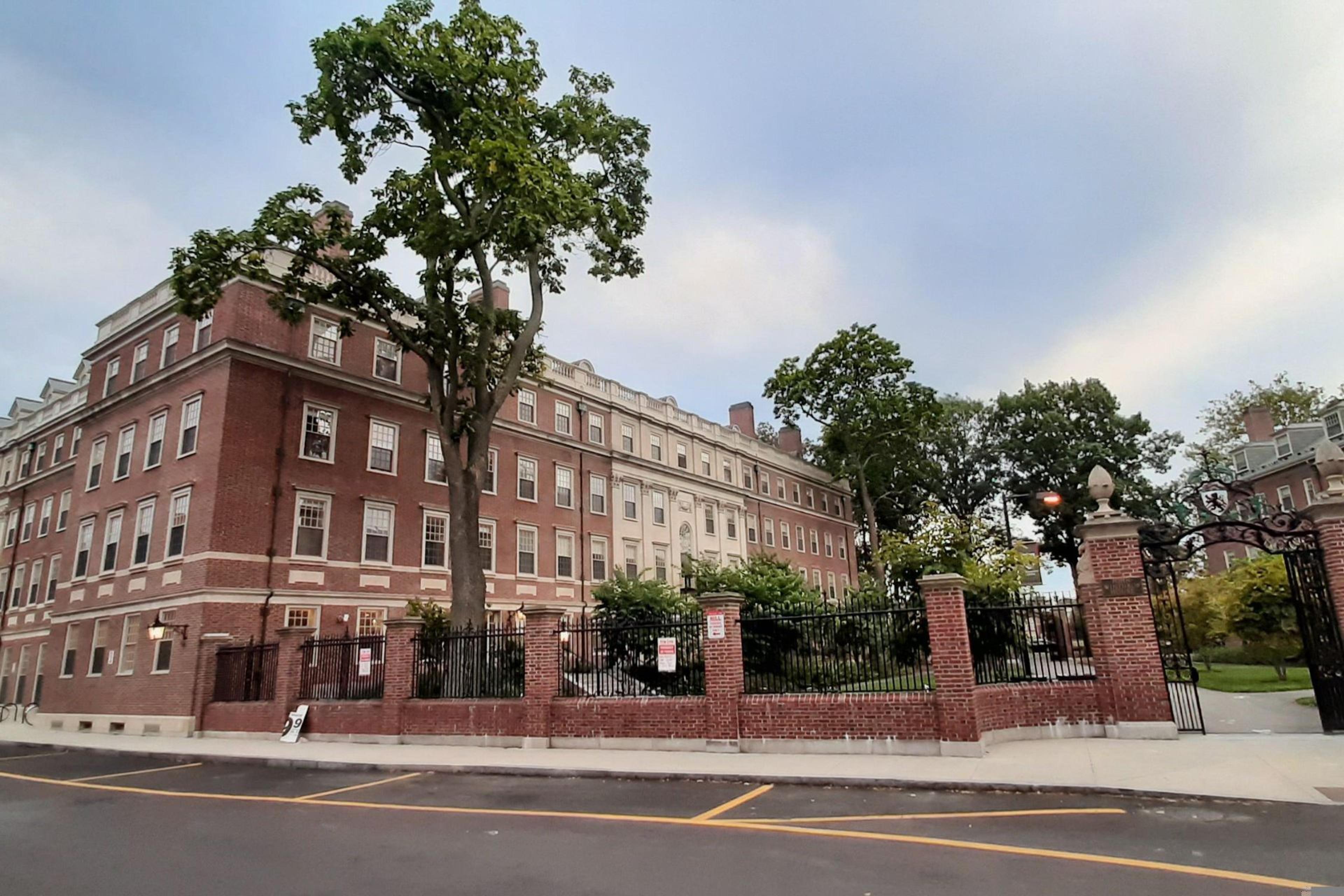Harvard Graduation Rate: Employment Overview & Analysis
Discover the employment outlook for Harvard graduates with a comprehensive analysis of the graduation rate and career prospects.
Posted June 13, 2025
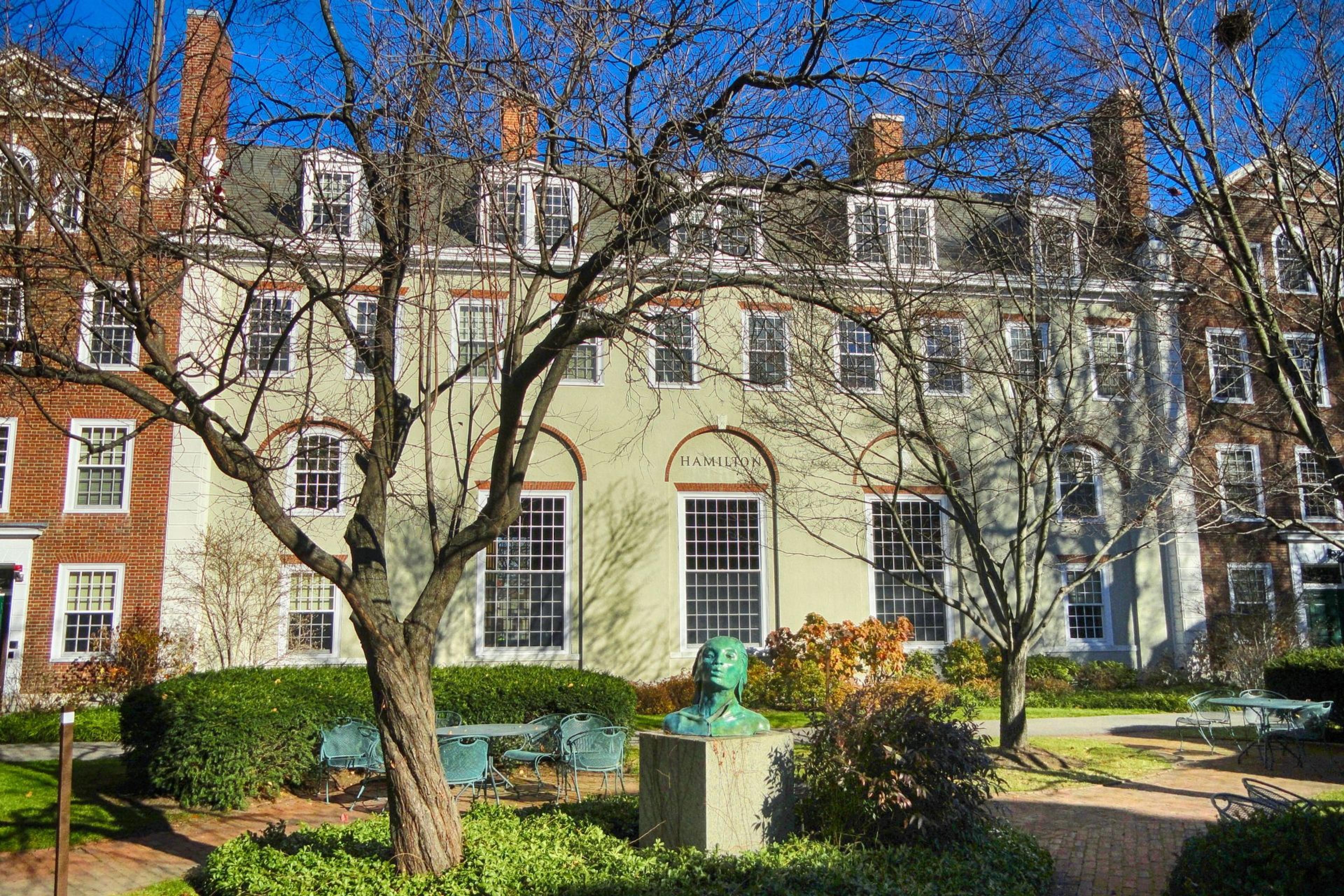
Join a free event
Learn from top coaches and industry experts in live, interactive sessions you can join for free.
Table of Contents
Harvard University has long been renowned for its exceptional academic reputation and prestigious alumni network. As one of the world's top educational institutions, it attracts bright and ambitious students from around the globe. However, an important aspect to consider when evaluating the success and value of a university is its graduation rate and the subsequent employment prospects for its graduates.
Analyzing Harvard's Graduation Rate
When examining Harvard's graduation rate, it becomes evident that the university consistently achieves high levels of student success. According to recent data, Harvard boasts an impressive graduation rate of over 97%. This indicates that the majority of students who enroll at Harvard are able to successfully complete their undergraduate studies, demonstrating the rigorous academic environment and supportive resources provided by the university.
One factor that contributes to a high graduation rate is the strong emphasis on academic support at Harvard. Students benefit from small class sizes, individualized attention from professors, and extensive academic resources, all of which help them stay on track to complete their degrees. The university's commitment to providing a comprehensive support system ensures that students have the necessary tools and guidance to succeed academically.
Moreover, Harvard's renowned faculty plays a crucial role in fostering student success. The professors at Harvard are not only experts in their respective fields but also dedicated mentors who are invested in their students' learning and growth. They go above and beyond to create a conducive learning environment, encouraging students to explore their intellectual curiosities and challenging them to reach their full potential.
Another aspect that contributes to Harvard's high graduation rate is the university's commitment to diversity and inclusion. Harvard attracts students from all walks of life, creating a vibrant and multicultural community. This diversity enriches the educational experience by exposing students to different perspectives and fostering a sense of global citizenship. The university's commitment to inclusivity ensures that all students, regardless of their background, feel valued and supported throughout their academic journey.
In addition to academic support and a diverse community, Harvard offers numerous extracurricular opportunities that contribute to student success. From research opportunities to internships, community service projects to leadership development programs, Harvard provides a wide range of experiences that complement classroom learning. These extracurricular activities not only enhance students' personal and professional growth but also help them develop essential skills that are highly valued in the job market.
Furthermore, Harvard's commitment to innovation and cutting-edge research creates an environment where students are constantly exposed to groundbreaking ideas and discoveries. The university's state-of-the-art facilities and research centers provide students with the opportunity to engage in hands-on learning and contribute to the advancement of knowledge in their respective fields. This exposure to real-world research experiences not only enhances students' academic journey but also prepares them for future careers in academia, industry, and beyond.
In conclusion, Harvard's high graduation rate is a testament to the university's commitment to academic excellence, student support, diversity, and innovation. By providing a nurturing and intellectually stimulating environment, Harvard ensures that its students are well-equipped to succeed both during their undergraduate studies and in their future endeavors. The university's dedication to fostering student success sets a benchmark for other institutions and reinforces Harvard's reputation as a world-class educational institution.
Employment Prospects Post-Harvard
After graduation, Harvard students are well-positioned to thrive in the professional world. The university's reputation and connections open doors to a vast array of career opportunities, both nationally and internationally. Employers highly regard a Harvard degree and often seek out its graduates.
Harvard's strong alumni network is another significant advantage for graduates. The network consists of accomplished individuals in various fields who are willing to lend support and provide valuable career guidance. This network enhances students' access to job opportunities and helps them navigate the competitive job market with confidence.
Furthermore, Harvard offers extensive career development services and internship opportunities that equip students with practical skills and real-world experience. These experiences not only enhance their resumes but also give them a competitive edge when applying for jobs.
One of the key factors that contribute to the employment prospects of Harvard graduates is the university's rigorous academic curriculum. Harvard's commitment to excellence in education ensures that students receive a comprehensive and well-rounded education in their chosen fields. This rigorous academic training prepares students to tackle complex challenges and adapt to the ever-evolving demands of the professional world.
Moreover, Harvard's emphasis on critical thinking and problem-solving skills equips graduates with the ability to analyze complex issues, think creatively, and propose innovative solutions. These skills are highly valued by employers across industries, as they enable individuals to navigate ambiguity and make informed decisions in the workplace.
Additionally, Harvard's diverse and inclusive community fosters a rich learning environment where students are exposed to different perspectives and cultures. This exposure enhances their ability to collaborate effectively with individuals from diverse backgrounds, a skill that is highly sought after in today's globalized workforce.
Furthermore, Harvard's commitment to research and innovation provides students with unique opportunities to engage in cutting-edge projects and contribute to groundbreaking discoveries. This exposure to research not only enhances students' knowledge and skills but also demonstrates their ability to contribute to the advancement of their respective fields.
Harvard's location in the vibrant city of Cambridge, Massachusetts, also plays a significant role in the employment prospects of its graduates. The proximity to renowned academic institutions, research centers, and thriving industries creates a fertile ground for networking and career opportunities. Students have access to a wide range of internships, part-time jobs, and networking events that allow them to build connections and gain practical experience in their desired fields.
Lastly, Harvard's commitment to social responsibility and public service instills in students a sense of purpose and a desire to make a positive impact on society. This commitment to service-oriented leadership positions Harvard graduates as individuals who are not only driven by personal success but also motivated to contribute to the greater good. Employers value this sense of purpose and often seek out Harvard graduates who can bring about positive change in their organizations and communities.
Impact of Harvard Education on Career
Having a Harvard education has a profound impact on graduates' careers. The rigorous academic environment instills essential skills such as critical thinking, problem-solving, and effective communication. These abilities enable Harvard graduates to excel in their respective industries and contribute meaningfully to their chosen fields.
Beyond academic skills, Harvard's emphasis on holistic education and extracurricular involvement cultivates well-rounded individuals with a diverse set of interests and experiences. This combination of academic prowess and extracurricular engagement enhances the graduates' appeal to employers, as they possess a range of skills and perspectives that can contribute to the workplace.
Statistical Overview of Harvard Graduates
Statistics demonstrate the significant advantages of a Harvard degree in terms of employment outcomes. Data from recent years indicate that the vast majority of Harvard graduates secure employment within a year of graduation. Furthermore, many graduates receive multiple job offers, highlighting the high demand for Harvard-trained professionals.
Salaries for Harvard graduates are also notably higher than the national average. The education and experiences gained at Harvard translate to higher earning potential and greater financial security. This is especially true for graduates who pursue careers in fields such as finance, law, medicine, and technology.
Long-term Benefits of a Harvard Degree
While immediate employment prospects are promising, the benefits of a Harvard degree extend far beyond the initial years after graduation. The substantial investment made in a Harvard education continues to yield returns throughout graduates' lives.
Harvard alumni often hold influential positions in various sectors, including business, politics, academia, and the arts. The doors opened by a Harvard degree enable graduates to build extensive professional networks and establish themselves as leaders in their chosen fields.
Additionally, the strong reputation associated with Harvard opens doors for graduates who wish to pursue advanced degrees or professional development opportunities. Many go on to pursue postgraduate studies at prestigious universities around the world, further enhancing their expertise and career prospects.
In conclusion, Harvard's graduation rate and subsequent employment prospects are testament to the university's commitment to excellence in education. The combination of academic rigor, extensive resources, and a supportive network creates a fertile ground for success. A Harvard degree not only opens doors to exciting career opportunities but also equips graduates with the skills and experiences needed to make a meaningful impact in their chosen fields. The valuable education gained at Harvard continues to shape and elevate the lives of its graduates long after they leave the prestigious halls of the university.
Conclusion: Why Harvard’s Impact Goes Far Beyond Graduation
Harvard’s high graduation rate and exceptional employment outcomes are more than just impressive statistics—they reflect the depth of preparation, opportunity, and support that students receive. From world-class faculty to powerful alumni connections, a Harvard education sets graduates up for lifelong success in virtually any field.
But getting there and making the most of it takes more than just strong academics. Whether you're navigating the admissions process, deciding between offers, or preparing to launch your career post-graduation, personalized guidance can make all the difference.
Work with a top college admissions coach who’s been through it—Harvard grads, former admissions officers, and industry mentors who can help you get in and get ahead. From building a standout application to planning your career path, we’re here to help you turn potential into impact.
What is Harvard's official graduation rate?
- Harvard College boasts a graduation rate of approximately 98%, among the highest at American colleges and universities.
How successful are Harvard graduates in securing employment post-graduation?
- Employment outcomes vary by program. For instance, 95% of graduates from the Harvard T.H. Chan School of Public Health were employed or continuing their education within 12 months.
What are the employment statistics for Harvard Law School graduates?
- Detailed employment data for Harvard Law School's Class of 2024 is available, showcasing opportunities in law firms, government, businesses, and nonprofit organizations.
How do Harvard Business School graduates fare in the job market?
- Recent reports indicate that 23% of Harvard MBA graduates were still seeking employment three months after graduation, reflecting challenges in the current job market.
What resources does Harvard offer to support alumni in their careers?
- Harvard provides various services for alumni, including access to the Alumni Directory, career networking opportunities, and lifelong learning resources.
















